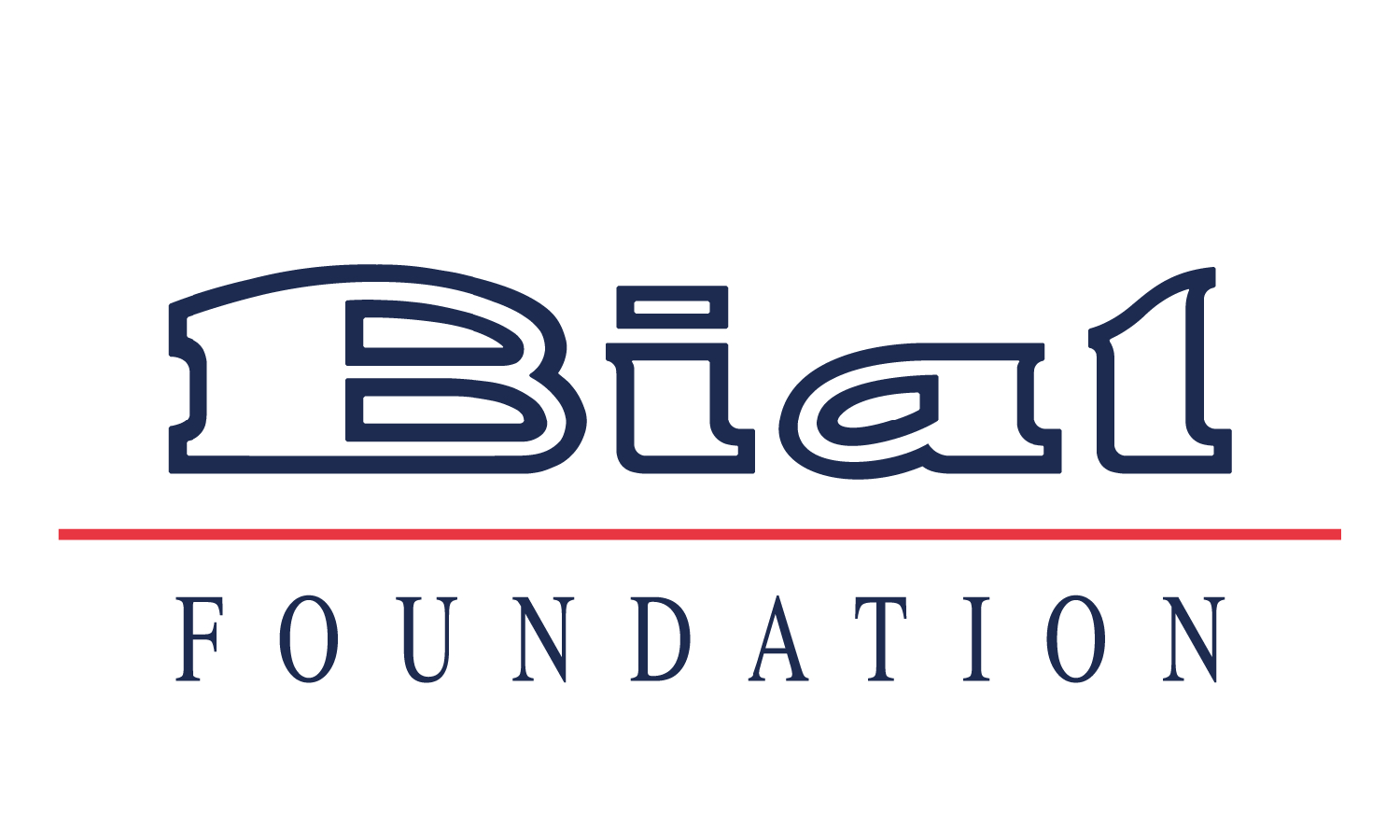Desana Kocevska, principal investigator of the research project 381/20 - Pathways from prenatal and postnatal stress to sleep quality across childhood: The role of the amygdala and cortisol, supported by the BIAL Foundation, studied the impact of prenatal psychosocial stress (life events, contextual, parental or interpersonal stressors) on 4.930 children’s sleep at ages 2 months, 1.5, 2, 3 and 6 years. In addition, analyses using polygenic risk scores were performed in a subsample of 2.063 children. Higher total prenatal stress was associated with more sleep problems across all time points between 2 months and 6 years of age. Prenatal stress, and in particular negative life events during the pregnancy interact with genetic liability for insomnia to exacerbate sleep problems at six years of age. To know more about this study read the paper A Longitudinal Study of Stress During Pregnancy, Children’s Sleep and Polygenic Risk for Poor Sleep in the General Pediatric Population published in the journal of Research on Child and Adolescent Psychopathology.
ABSTRACT
Early life stress is robustly associated with poor sleep across life. Preliminary studies suggest that these associations may begin already in utero. Here, we study the longitudinal associations of prenatal psychosocial stress with sleep across childhood, and assess whether prenatal stress interacts with genetic liability for poor sleep.
The study is embedded in the Generation R population-based birth cohort. Caregivers reported on prenatal psychosocial stress (life events, contextual, parental or interpersonal stressors) and on children’s sleep at ages 2 months, 1.5, 2, 3 and 6 years. The study sample consisted of 4,930 children; polygenic risk scores for sleep traits were available in 2,063.
Prenatal stress was consistently associated with more sleep problems across assessments. Effect sizes ranged from small (B = 0.21, 95%CI: 0.14;0.27) at 2 months to medium (B = 0.45, 95%CI: 0.38;0.53) at 2 years. Prenatal stress was moreover associated with shorter sleep duration at 2 months (Bhrs = -0.22, 95%CI: -0.32;-0.12) and at 2 years (Bhrs = -0.04, 95%CI -0.07; -0.001), but not at 3 years (Bhrs = 0.02, 95%CI: -0.02;0.06). Prenatal negative life events interacted with polygenic risk for insomnia to exacerbate sleep problems at 6 years (Binteraction = 0.07, 95%CI: 0.02;0.13).
Psychosocial stress during pregnancy has negative associations with children’s sleep that persist across childhood, and are exacerbated by genetic liability for insomnia. Associations with sleep duration were more pronounced in infancy and seem to attenuate with age. These findings highlight the role of the prenatal environment for developing sleep regulation, and could inform early intervention programs targeting sleep in children from high-risk pregnancies.





































































